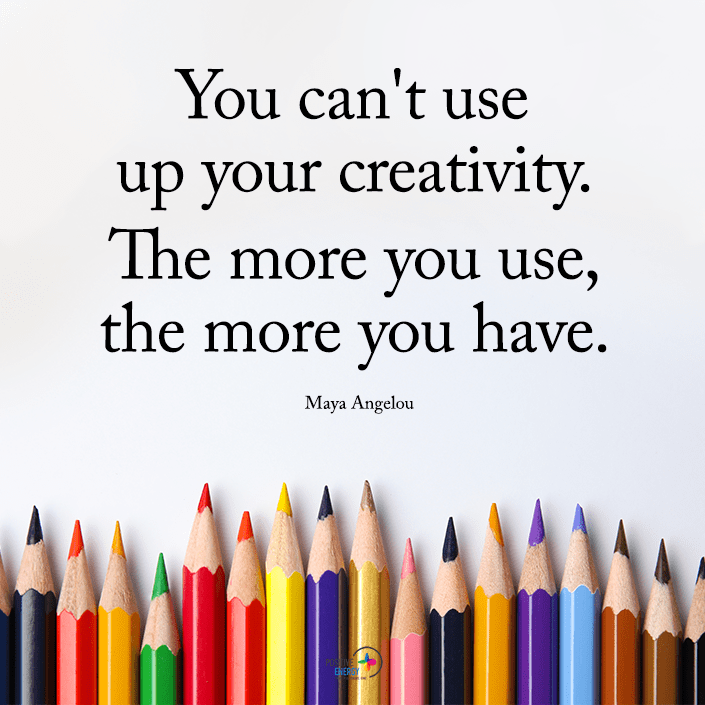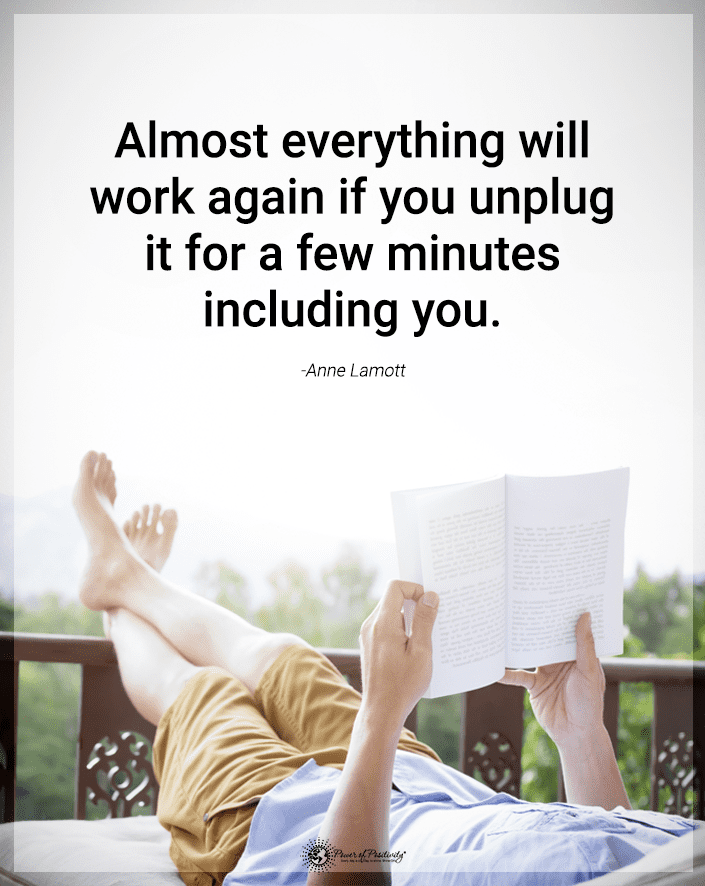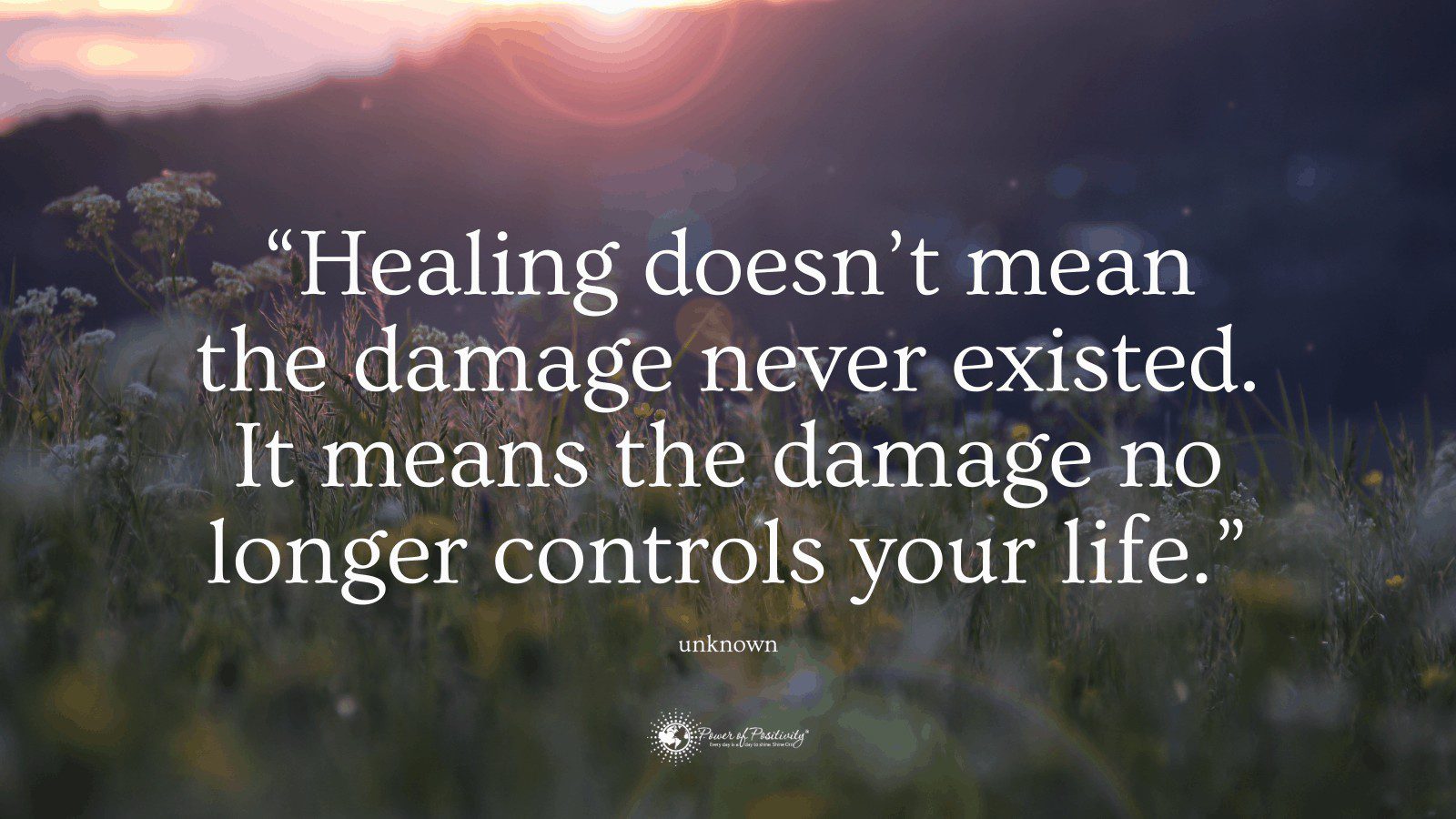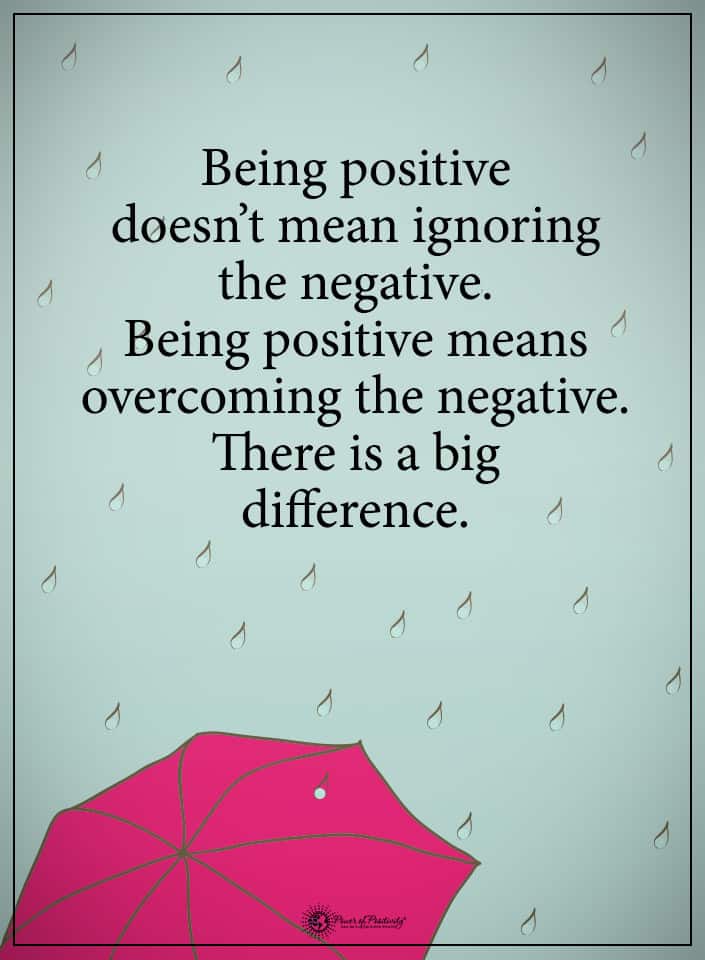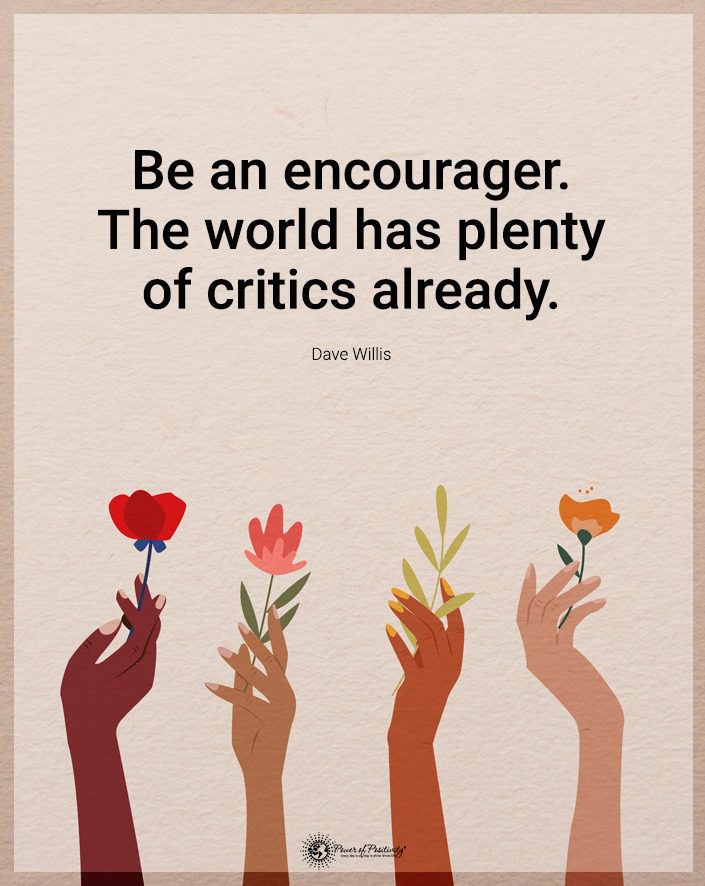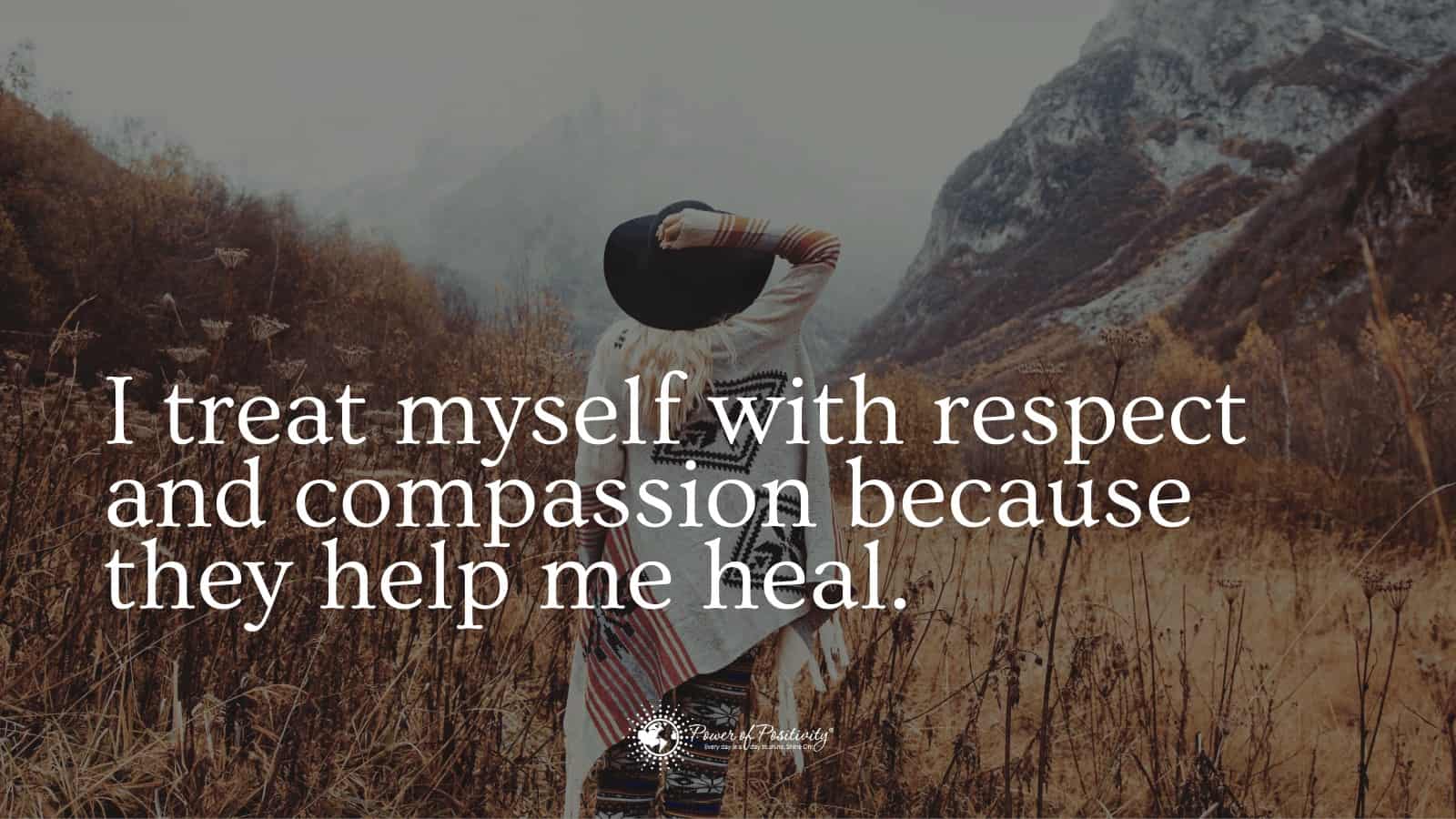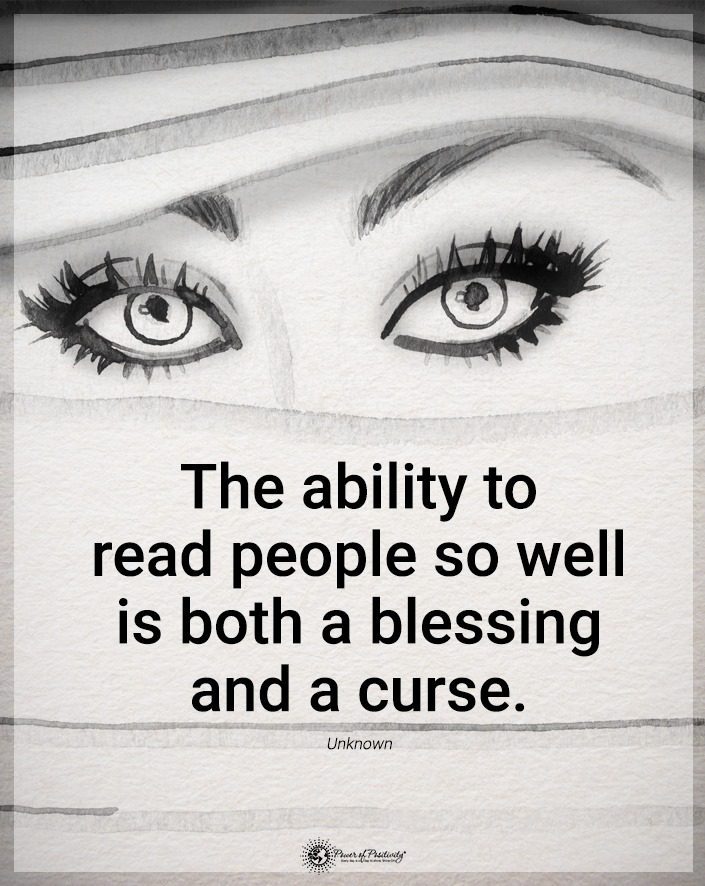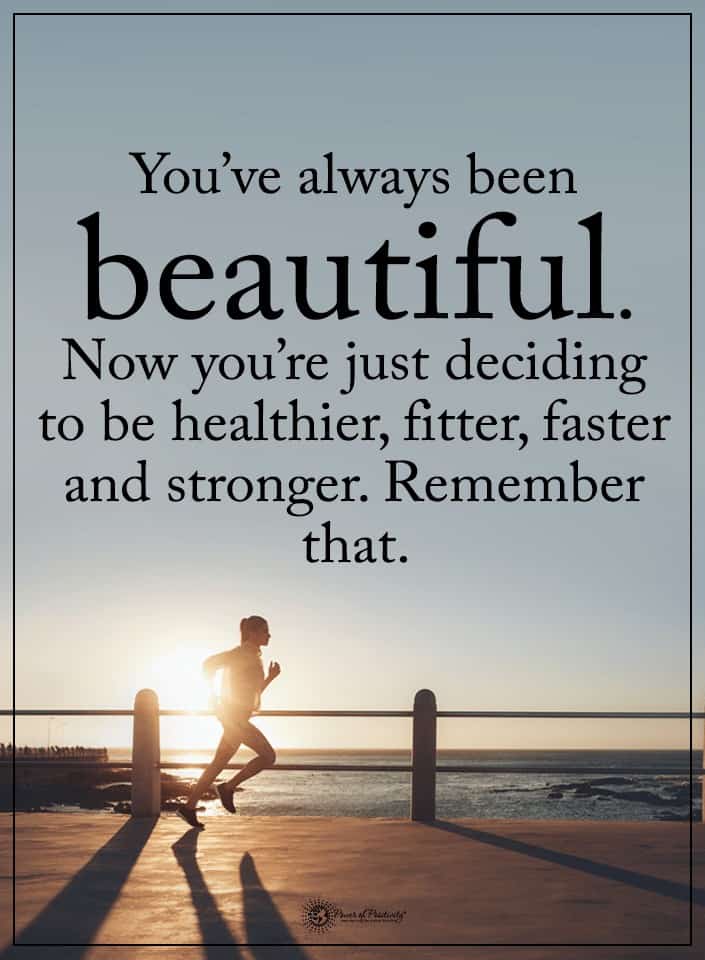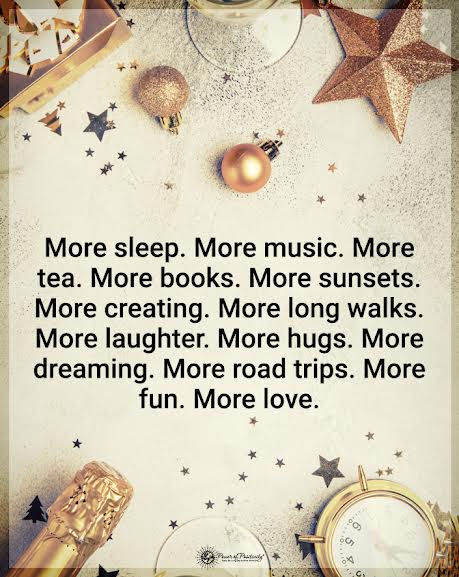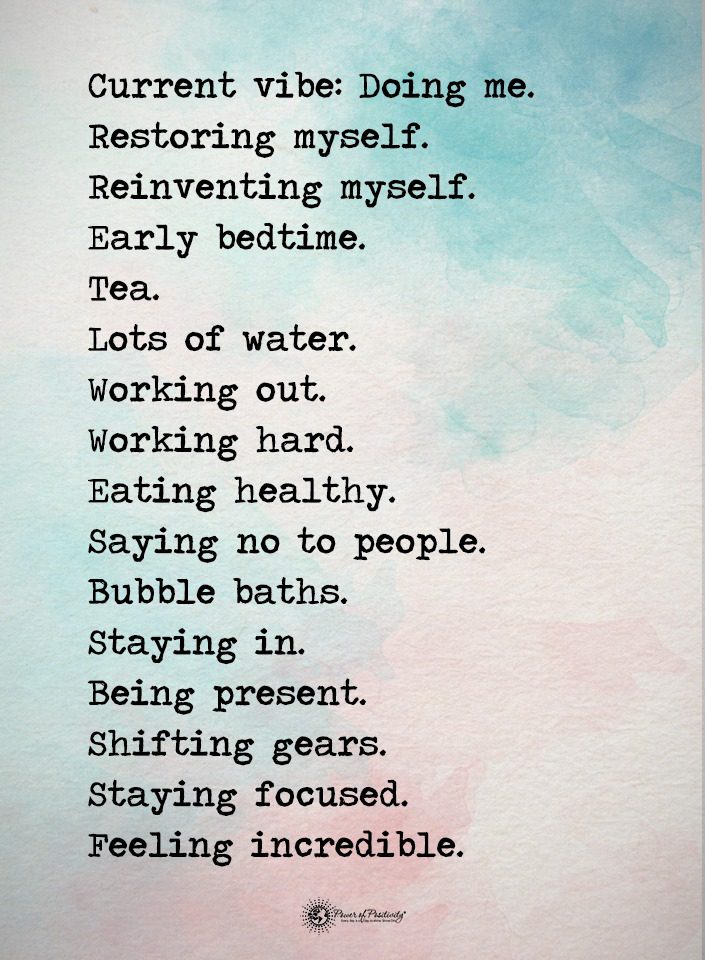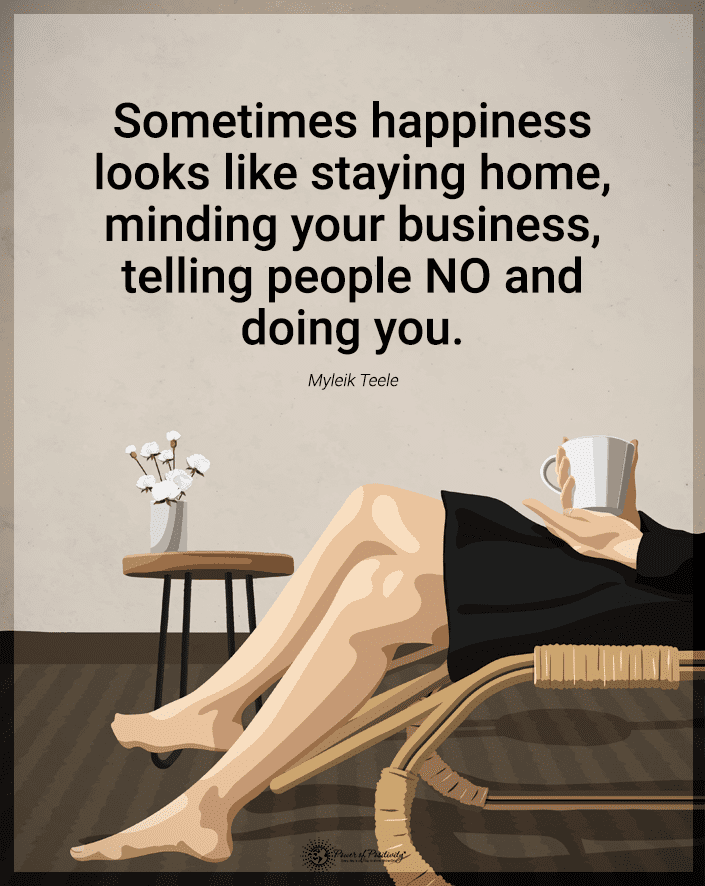Do you consider yourself artistic, or do coloring sessions with your children count as your only outlet? Art museums exist from coast to coast, yet only a tiny fraction of the population views these fantastic works. Art can be much more than just painting or doing sculptures, as creativity can be a way to lift your spirits and enhance your mood.
When you channel your creativity, you’re unlocking many therapeutic benefits. You likely listen to music. Have you heard a tune about someone losing their girlfriend or boyfriend or their dog running away? Music is another form of expression that helps people deal with their issues. Some of the greatest songs come from the depths of a broken heart and soul.
Finding an Outlet for Your Pain and Negativity
Consider Eric Clapton’s song Tears in Heaven. He lost his young child, Conner, when he fell out of the window on the 53rd floor of a high-rise building in NYC. The child was four years old, and Clapton was supposed to watch him when he took that fateful tumble. According to the Associated Press, this caused Clapton to spiral into a deep depression, and he wrote the song Tears in Heaven to help deal with the pain.
Art can be music, or it can be tons of other things, but the therapeutic benefits cannot be ignored. Now, every time you do something artistic, it doesn’t mean you’ll reap significant benefits, but when you use it as an outlet, it can be beneficial. The song from Clapton shows raw emotion you can feel even if you don’t know the story behind the music, and you can find similar ways to express yourself.
Ways Art Can Make You Happier
A study by Americans for the Arts found through a public poll that more than two-thirds of the population use art to uplift the spirit. It can stimulate the receptors in the brain that bring pleasure and reward. Here are some of the benefits of enhancing your creativity.
1. Art Kicks Stress Out of Your Life
To live is to experience stress, so you need coping skills to combat these feelings. Art has been known to generate the feel-good chemicals that help to kick stress out of your life. Have you ever heard the term “art-therapy?”
Facilities all over the globe use this form of therapy to help with things from mental illness to dementia. When you’re creating something from the innermost workings of your mind, there’s no right or wrong answer. You can make whatever you want without reservation.
Some folks paint works that are wild and uninterpreted, much like the paintings of the famous Kandinsky. Abstract art often depicts what’s deep inside the soul and is a way to release those feelings that haunt you.
2. Creativity Has a Physical Effect on the Body
You might think it sounds silly to say that paintings physically affect your body, but it’s true. Whether confusing or pleasurable, viewing true talent triggers a response and stimulates you. The power of creativity can be felt when you look at paintings like the Mona Lisa done by Leonardo da Vinci, and you can’t help but have tears in your eyes.
Some folks probably feel moved because of the significance of this piece, while others appreciate raw talent. A historical battle scene painting might transport you to another time and place. Yet, a religious image might make you feel closer to heaven as you see a picture of Jesus and the angels.
Creativity is powerful, as it helps you move from the physical realm and go to another reality. It might be the mental escape you need.
3. Art Speaks to Your Soul
Using your creative side can send you a powerful message. It’s therapeutic because it stimulates emotions and forces you to see reality. For instance, someone who paints a dark and disturbing picture might be forced to deal with the reality that they’re not in a good place.
What’s on the inside always comes to the outside; this is one way you can safely express yourself. Edvard Munch painted one of the most expressive paintings of all times with “The Scream.” Common words describing this piece include eerie, scary, and painful. Some believe that the Norwegian Expressionist was trying to show human anxiety, while many other opinions exist.
Another famous artist was Vincent Van Gogh. He was known to be a troubled soul who often fought mental illness. Yet, his paintings were some of the most brilliant works. His creativity knew no bounds, and while it took you a while to decipher the message in his pieces, they always had a powerful meaning.
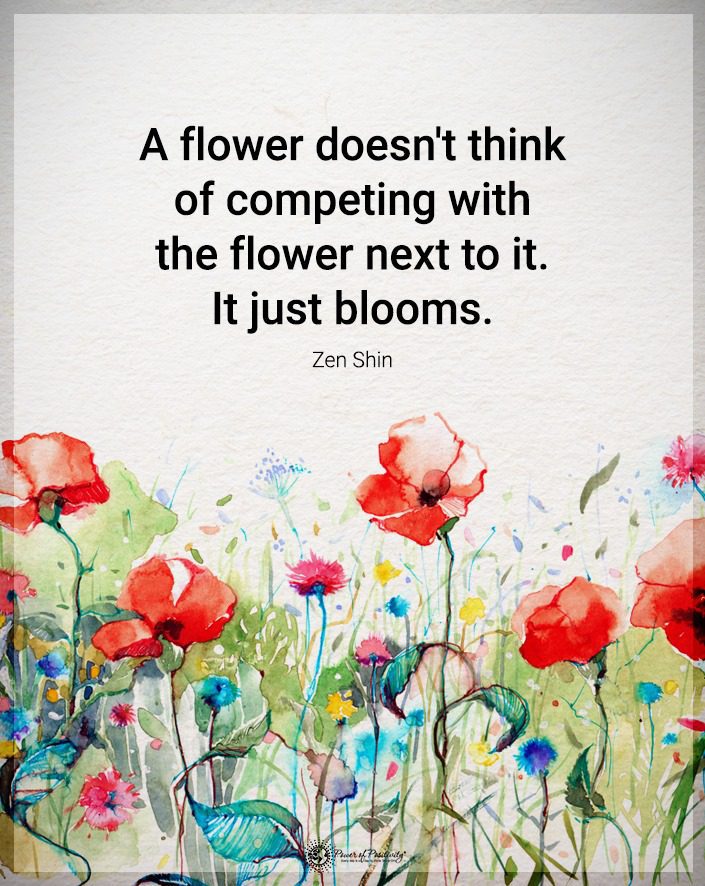
4. Creativity Makes You More Mindful of the Things Around You
Have you ever stopped and examined the magnificence of a snowflake? Have you ever got close and personal with an owl and looked at its long eyelashes? Do you make time to notice things such as the rain dripping from the leaves of the trees?
So often, people go through life and let the littlest things pass them by, but these things are often the most precious. Using creativity, you can capture these moments by painting, taking a picture, or in many other ways. Now some things aren’t moving you at all, but other things will speak to you and make you more mindful of the magnificence of planet Earth.
5. A Creative Outlet Teaches You to Live in the Moment
Did you know there are incredible works around you, but many people never venture too far to explore them? Even something as quirky as the train station can allow you to see the creative sides of people waiting in boredom for the next ride. Think of all the time you’ve passed art by in your life, and you’ve never appreciated the talent of others.
Some might consider graffiti a mess, considering only the costs of thousands of dollars to remove someone’s clever work. However, what if we examined the talent and appreciated the effort instead of focusing on a clean-up? According to Eden Gallery, these once despised markings are now praised for the artistic talent of the creator.
While not every person receives this work positively, more folks accept these creative drawings. It’s an expression that we must channel properly. Would you be surprised that this isn’t a new type of inspiration? Graffiti goes back to the times of cavepeople when folks used to draw and carve on the stone walls.
Graffiti-Art is now becoming popular in some galleries to help move these works from the streets to the showroom. When the people who make these works can use their inner passion to put something on a canvas, they can make money and even exhibit their work. Isn’t that what they all wanted to be seen and heard?
Moving on from graffiti, which is often hard to miss, have you ever considered the architecture of the buildings around you? Art can open your heart and mind to see things through other people’s lenses. You may find that your view on things differs vastly from those who walk beside you.
6. Art Improves Your Mental Health
The famous artist Van Gogh used painting to clear his mind, and you can do the same thing today. You can engage in artistic expression, which can help boost your morale and make you happy. You can create anything you want with a pencil, crayon, or paintbrush in your hand.
Maybe you’re going through a rough patch where you have lots of depression and anxiety. Why not sit to the piano and write a song expressing your inner pain? Rather than ruminating on everything wrong in your life, you can express yourself through music or other art forms.
The University of Calgary did a study about how using an arts-rich life can help to improve mental health. They found the cognitive-reflective aspects allowed people to shift mental focus from the negative to the positive. Even studies prove how these creative sides can enhance your brain, so it’s even more reason to engage in creativity.
Final Thoughts on Finding Happiness Through Art
One theory is that some of the most creative people were mad. Consider the greats like Beethoven and Van Gogh, for instance. These were emotionally unstable men who fought hard against mental illness. Perhaps there is a link between creativity and madness, but much research proves that artistic expression is a great way to fight those inner demons.
The truth is that vitamin or mental supplements can’t do what unleashing your creative side can do for you. When you’re drawing, sculpting, painting, and playing music, you’re entering a state where you’re more self-aware. Many say they’re not artistic and have no talents, but you may surprise yourself if you try it.
You might not play the piano like Liberace, but you may have the talent to draw impressionist pieces that are gallery-worthy. The key is to use artistic expression to surround yourself with creativity. Before long, you will notice that your mind will be churning with all sorts of ideas, and you’re happier and feeling better than you have in years.

